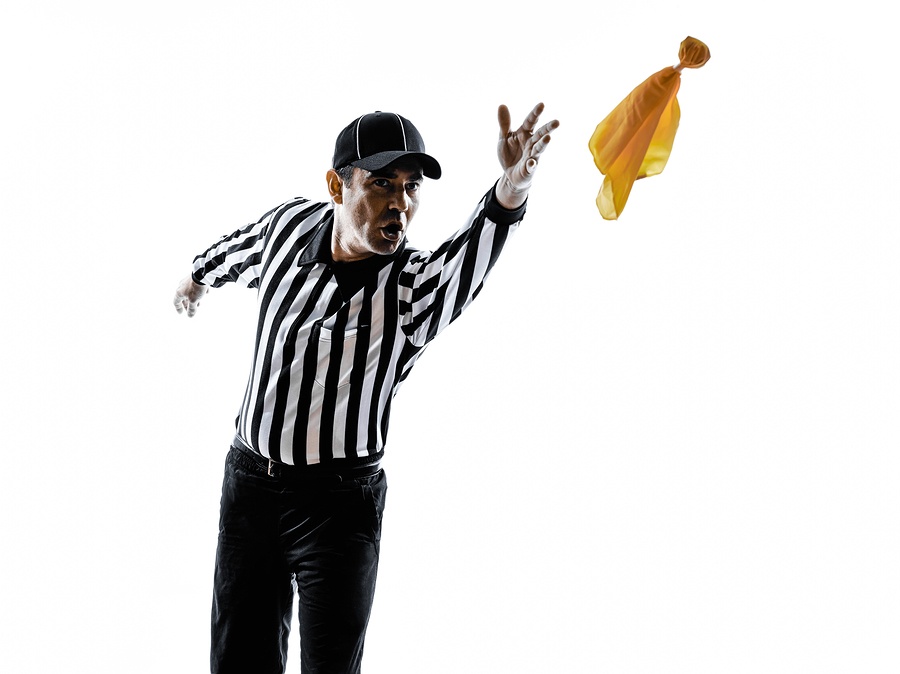I suspect that the last time you considered buying a non-fiction book you took a look at who the author was. It is a normal and natural thing. The same goes for your book proposal.
The “About the Author” section of a non-fiction book proposal answers the question, “Who are you? And what right do you have to write about this topic?”
It is not a place to recite your resume or Curriculum Vitae. Think of it as a little longer version of what would go on the back cover of your book or at the end of an article you have written. We have examples for each of us in the “About” section of our web site. While it may seem to be an obvious exercise to some, it is important when approaching an agent or an editor who does not know you.
Since you’ve already said “hello” in your cover letter, think of this section of your book proposal as a further introduction. A “sound-bite resume” if we must describe it.
Include Your Photo
The photo is especially helpful if you’ve met the editor or agent at a conference. It doesn’t necessarily have to be a “Glamour Shot.” But please don’t take a selfie in your backyard and use that. A good photo can follow you everywhere…web site, media packet, advertising, the back of the book, and more.
Try to use one that is reasonably recent. Your high school year book photo may not work if you are from the class of ’83…
Some conferences have a photographer on hand who can do a great job in some very nice settings.
In addition, the Christian Writers Institute has a video course called “10 Photo Secrets for Bestselling Authors” which deals with things like the pose, the right colors for your complexion, lighting, and more.
Write in Third Person
Write it as if someone were describing you. Don’t be surprised to be introduced in a public setting by someone who simply reads the bio provided for the event. If it were in first person it would sound strange.
Instead of writing “I have three goldfish and live in Roanoke” write “He has three goldfish and lives in Roanoke.”
Don’t be Shy
Recite your accomplishments…as they relate to your credibility as the author of this book. We don’t care if you were named “Best Dressed” by your peers in Beauty School, unless your book is about fashion. At the same time there are some awards, degrees, or accomplishments that help round out your “resume,” so to speak.
This is not the time for humility. I know there needs to be a balance. Sounding arrogant can be a huge turn off. I recently received a proposal where the writer all but claimed that everyone else in the world was wrong about his topic. It set my teeth on edge.
At the same time, if you don’t talk about yourself a little, how else will we know who you are?
Your degrees. Your experience. Your past publications.
Try Not to Exaggerate
“Puffing the Resume” will get your project rejected faster than you can imagine. It is tantamount to lying to the person with whom you want to partner in a business relationship.
One time a writer claimed to have won the Nobel Prize in their area of expertise. I was impressed. So I looked it up. (Yes, we will google you.) I could not find the name listed anywhere. I dug deeper and discovered that the writer had been part of a large research team which had won the award. The problem was how the claim was stated in the bio; it sounded like the writer was a solo award winner. If they had just stated they were part of a Nobel Prize winning team it would have been fine.
Another writer, out of ignorance, claimed to have been nominated for a major writing award. I happened to know how this award was administered. The publisher entered the book and paid the entry fee. That is all. It was one of hundreds of books entered. “Entered” does not equal “nominated.” The book was not a finalist or a winner, merely entered. But the author claimed in their proposal that their book had been nominated. It was an innocent mistake via a misunderstanding, but it didn’t look good.
It’s Okay to be Personal and Funny
It is nice to know if you have family and the general part of the world you live in. My bio, for example, would read “He is married with three grown children and one grandchild and lives in Arizona.”
It is also okay to add in a little humor if it is appropriate to your personality and how you wish to be introduced. For example, “She has four three goldfish and one very hungry cat. They co-exist in Iowa Falls.”
Social Media
Make it easy for the agent or editor to click through to your web site, blog, Facebook, Twitter, or any other place where you are active.
What about the Novelist?
Many of the same principles apply if you write fiction. The difference is that you are not necessarily trying to establish credentials. However, it is possible that your background can add luster or a little juice to the type of novels you are writing.
For example, Carrie Stuart Parks (web site here) is a forensic artist who works with law enforcement in the reconstruction of crime scenes, likenesses based on bone structure, and more. The main character of her novel is…wait for it…a forensic artist. She is an example of where the bio contributes to the credibility of the novel.
It doesn’t have to be that specific. There are many fine novelists who were not Mountain Men, or Search & Rescue team members, or part of the Special Forces, or sea-faring Vikings.
The “About the Author” section of a fiction book proposal is not as much about credibility. However your warmth as a person can come through in a well written bio.











